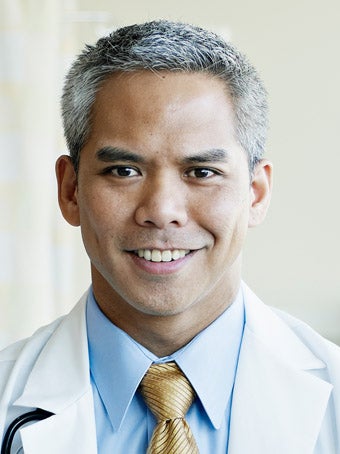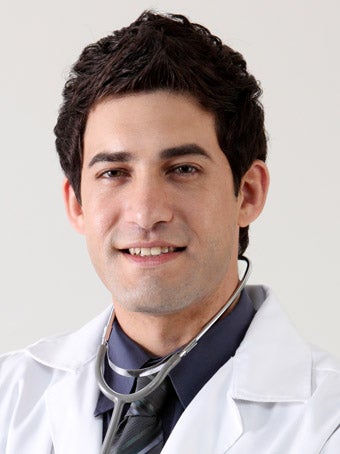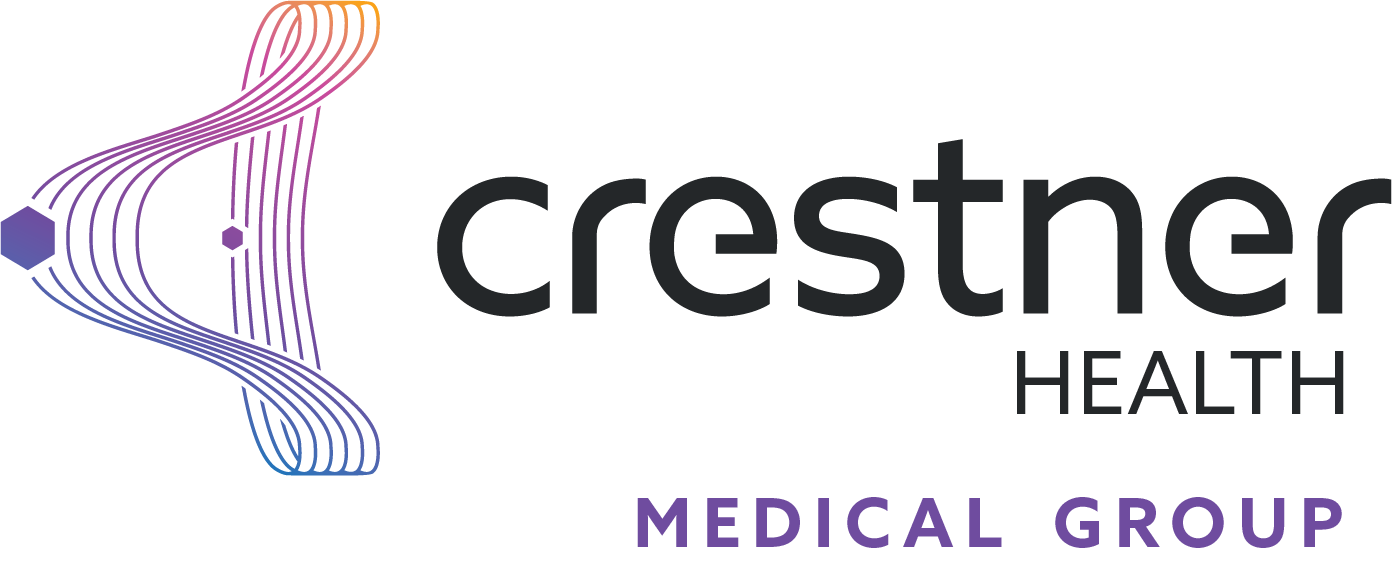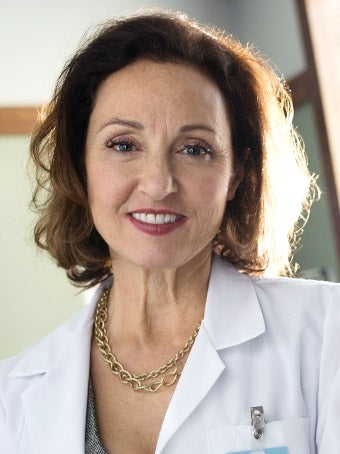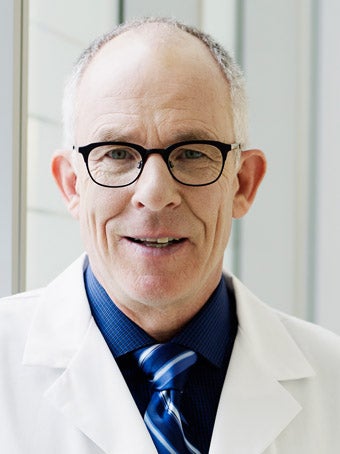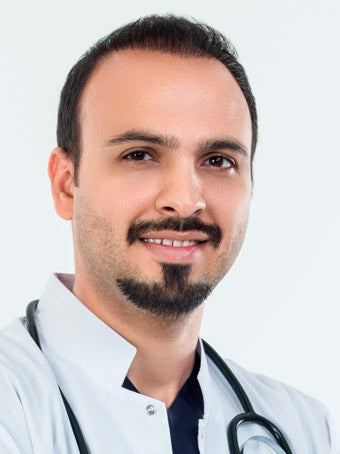Hormone Therapy for Breast Cancer
November 9, 2022Estrogen is one of the female hormones. Sometimes breast cancer cells grow and multiply when exposed to estrogen. A hormone receptor test is done to measure the amount of certain proteins (called hormone receptors) in a person's breast cancer tissue. If the test is positive, it means that estrogen is probably helping the cancer cells to grow. Hormone therapy is a way to reduce the action of estrogen on these cells.
How the therapy works
Hormone therapy is only used on the types of cancer that have the proteins that estrogen can attach to. The therapy can help keep estrogen from attaching to these cells. Hormone therapy can be used after surgery to make breast cancer less likely to come back (recur). It can sometimes be used before surgery. It is the usual first treatment for hormone receptor-positive breast cancer that has spread. It is done in addition to other treatments, such as surgery, radiation, or chemotherapy. The type of hormone therapy to be used depends on factors, such as your gender, your age, and if the cancer has spread.
How the therapy is done
Hormone therapy can be done in several ways. These include:
-
Estrogen-receptor blockers. These medicines stop estrogen from working on cancer cells. They come in pill form and as an injection. They may be given for early breast cancer, or breast cancer that has spread. These medicines can help keep breast cancer from coming back after treatment. They can also help lower the risk of breast cancer in the other breast. They may be given to reduce the risk of breast cancer in some women.
-
Aromatase inhibitors. These medicines stop the body from making estrogen. They can be used to treat breast cancer that has spread and to help keep cancer from coming back after treatment. They are only given to women who are past menopause. AIs come in pill form.
-
LHRH and GnRH agonists. These medicines stop the body from making estrogen and other hormones that are like estrogen that can also cause breast cancer cells to grow. The medicines may be injected into a muscle or just under the skin.
-
Surgery. Estrogen is mostly made in the ovaries. Surgery to remove the ovaries (ovarian ablation) may be done. This is only done in women who have not gone through menopause. It takes away the main source of estrogen in the body. This may help other hormone therapies to work better.
Possible side effects of hormone therapy for breast cancer
All forms of hormone therapy cause similar side effects that are like the symptoms of menopause. These can include:
-
Suddenly feeling hot (hot flashes)
-
No menstrual period
-
Night sweats
-
Extreme tiredness (fatigue)
-
Reduced interest in sex
-
Vaginal dryness or discharge
-
Mood changes
-
Muscle pain
-
Joint pain
-
Nausea or vomiting
-
Weight gain
-
Headaches
Other side effects of some types of hormone therapy include:
-
Loss of bone mass (osteoporosis)
-
Bone pain
-
Higher cholesterol levels
-
Cancer of the lining of the uterus (endometrial cancer)
-
Increased risk for blood clots, heart attacks, and stroke
It's important to know which medicines you're taking and what side effects they might cause. Talk with your healthcare providers about what signs to look for and when to call them. Make sure you know what number to call with questions, even on evenings and weekends.
Coping with side effects
Side effects vary from person to person. Some of the side effects of hormone therapy are short-term (temporary). Others are more long-lasting. This depends on the type of treatment used, and how it affects your body. Your healthcare provider can tell you more. To help cope with side effects, try the tips below:
-
Talk with your healthcare provider about your symptoms. They may prescribe medicines that can help you feel better and reduce problems.
-
Don't use hot tubs, saunas, or hot showers if you notice these increase your symptoms.
-
Don't have spicy food, alcohol, and caffeine if you notice these increase your symptoms.
-
Exercise and do other physical activity to help prevent weight gain and muscle loss.
-
Keep mentally active.
-
Work with your partner to manage sexual changes. Vaginal moisturizers and lubricants can help overall vaginal health and comfort during sex.
-
Try counseling or support groups.
Checking your progress
It's important to know which medicines you're taking. Write your medicines down. Ask your healthcare team how they work and what side effects they might have. Talk with your healthcare providers about what signs to look for and when to call them. Make sure you know what number to call with questions. Is there a different number for evenings and weekends?
During your treatment, you’ll have routine visits with your healthcare provider. You may also have tests. These let your healthcare provider check your health and response to the treatment. After treatment ends, you and your healthcare provider will discuss your treatment results. You’ll also discuss whether you need more cancer treatments.
